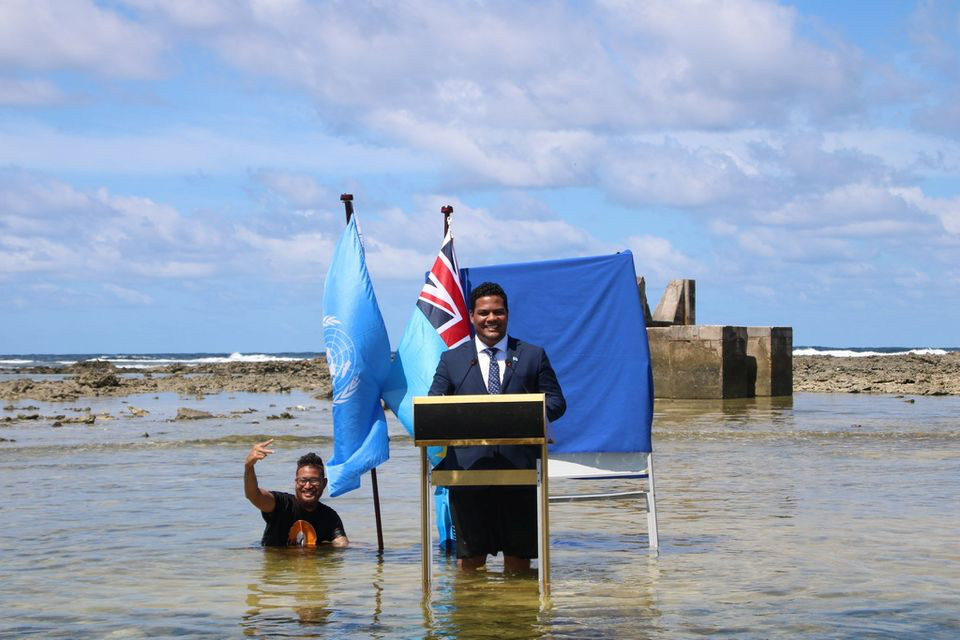
Researchers from the University of Zurich and Intel have announced the creation of a unique autonomous unmanned system called Swift. It is powered by artificial intelligence and is capable of outperforming humans in FPV drone race.

A new quantum computer can execute calculations in mere moments that would take the most advanced supercomputers 47 years to process.

Neuralink said on Thursday that it received clearance from the US Food and Drug Administration (FDA) for the first human clinical study of implants which are intended to let the brain interface directly with computers.

The model uses AI to analyze spacecraft measurements of the solar wind and predict where an impending solar storm will strike, anywhere on Earth, with 30 minutes of warning. This could provide just enough time to prepare for these storms.

The extraordinary material has set a new record for exhibiting magnetoresistance at room temperature.

Google researchers demonstrated they could reduce errors in calculations while increasing the number of physical quantum bits (qubits) in a 'logical qubit,' a building block of large-scale quantum computers.

Netherland's team of researchers developed a light sensor more sensitive than anything built before.

A UK University team developed a system able to transport information from one chip to another with a reliability of 99.999993% at record speeds.

Researchers have created a new class of robots that can shift between solid and liquid forms on demand. In a series of tests, these new bots could move and change shape to run obstacle courses, carry objects, or even escape from a jail.

The Pacific Island nation plans to create a digital clone of itself, recreating islands and monuments and conserving its history and culture as rising sea levels threaten to submerge the country.

A paralyzed man who cannot speak or type was able to spell out over 1,000 words using a neuroprosthetic device that translates his brain waves into full sentences, US researchers said Tuesday.

An international group of researchers have achieved dizzying data transmission speeds and are the first in the world to transmit more than 1 petabit per second (Pbit/s) using only a single laser and a single optical chip.

Another record has been broken on the way to fully operational and capable quantum computers: the complete control of a 6-qubit quantum processor in silicon. Researchers are calling it "a major stepping stone" for the technology.

Research finds the technology is a boon to trade, allowing participating countries to provide higher income and more opportunities to their people.

There are already machines that perform certain important tasks independently without programmers fully understanding how they learned it.